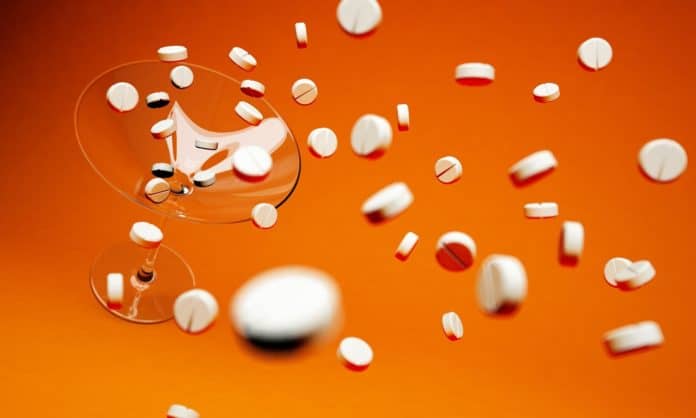The pharmaceutical micro small and medium enterprises (MSMEs) have urged the Department of Pharmaceuticals (DoP) to implement one nation, one molecule, one maximum retail price (MRP) proposal so that the prices of drugs in one category are uniform across the country, instead of capping trade margins which will not lead to reduction in drug prices.
The DoP’s proposal to put trade margin cap for non scheduled drugs at 30 per cent which is equivalent to 43 per cent mark-up for the price to stockists will not serve the government’s motto to make “drug prices affordable for all,” Dr Rajesh Gupta, national head (pharma), Laghu Udyog Bharati told DoP secretary PD Vaghela at a meet in Delhi.
The meet was convened by DoP discuss impact of trade margin rationalisation. It was attended by representatives of MSME pharmaceutical associations such as Himachal Drug Manufacturers Association, Punjab Drug Manufacturers Association.
Indian Federation Pharma Generics (IFPG), MP Small Scale Drug Manufacturers Association, Laghu Udyog Bharati, Federation of Pharma Entrepreneurs (FOPE), Sirmour Pharma Manufacturers Association, Karnataka Drugs and Pharmaceutical Manufacturers Association (KDPMA).
The 30 per cent trade margin includes 10 per cent trade margin for drug wholesalers and 20 per cent margin for drug retailers.
The prices of non-scheduled drugs can be increased by up to 10 per cent annually. As per the norm, for non-scheduled drugs, the wholesalers get 10 per cent margin and retailers get 20 per cent margin.
Meanwhile, there have been allegations that actual margins are far higher.
Also read: Medical Devices Trade Margins Likely To Be Capped At 30%
Taking a cue from the allegations, the government has come out with trade margin cap proposal to reduce the non scheduled drug prices.
This is the government’s second attempt at regulating the trade margin. It had already capped the traders’ margin of over 400 oncology drugs in March 2019.
Gupta cautioned the government not to treat trade margin for oncology products and non oncology drugs in a similar way. Both are completely different.
Oncology products trade is ruled by institutional channel like Tata Memorial Hospital to manufacturers etc while non oncology products trade is ruled through channel partners– stockists, sub stockists, retailers.
He said there is high margin in drug industry because of low turnover. That’s why top 20 businesses in the country have not invested in pharma segment.
Total market size of drug industry is equivalent to profit margin of Reliance Industries. High profit margin is required in the industry having low volume, he added.
MSMEs suggested the DoP to act against manufacturers as per DPCO 2013 if they found them overcharging on products. To curtail price differentiation in non scheduled drugs, the DoP should adopt one nation, one molecule, one MRP initiative, they added.
With capped profit margins, retailers and wholesalers will be encouraged to sell drugs with higher MRPs.
Also read: DCGI directs drug Cos to submit data on 66 FDCs
It will increase monopoly of big drug companies which are able to sell drugs on high prices and can put MRPs accordingly so that distributors and retailers would obviously promote their brands, said Dr Gupta.
With this, over a period of a couple of years the manufacturers and distributors and retailers of low priced generic drugs will be wiped out from the market, he added.
Currently, around 800 products are under price control in DPCO 2013.
In India prices of formulations are regulated by NPPA but there is no law to regulate the prices of active pharmaceutical ingredients (APIs).
The prices of APIs have gone up tremendously since the corona virus outbreak in China. Despite rise in prices of raw materials, there is no stoppage of drug production.
Government should also consider industry’s concern who has not stopped production despite incurring losses, he stated.


